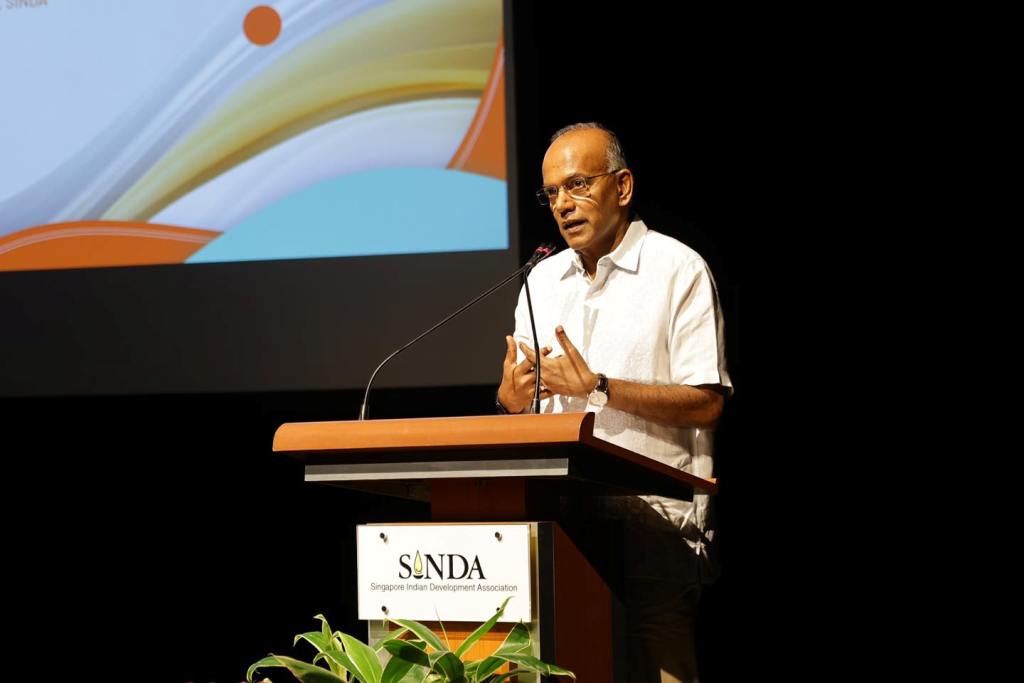Singapore is preparing to deepen its international relationships in response to rising global tensions and growing competition among major powers. With a shift towards a more multipolar world, where influence is shared among countries like China, the US, and those in Europe, smaller nations such as Singapore are adjusting their foreign and economic strategies to stay resilient.

Singapore’s Home Affairs and Law Minister K Shanmugam, who also oversees national security, shared these views during an interview at the Reuters NEXT Asia summit in Singapore.
He noted that in earlier times, global peace was largely underpinned by US leadership. However, the situation is now evolving, with more countries playing stronger roles on the world stage. In such a context, Singapore sees the need to build even deeper and wider relationships across different regions.
Trade remains a vital area of concern for Singapore, which is highly reliant on external markets. The country’s external trade is three to four times its gross domestic product, making it highly sensitive to global trade policies.
ALSO READ: Singapore-US trade talks focus on strengthening ties despite 10 percent tariff
Recent moves by the US government have added pressure. On Monday, US President Donald Trump sent letters to 14 countries, including key allies like Japan and South Korea, informing them of new tariffs ranging from 25 to 40 percent that will take effect from August 1. These letters included warnings of equal retaliation in response to any trade reprisals.
Although Singapore was not included in this latest round of letters, the country has already been impacted. In April, on what Trump referred to as “Liberation Day”, Singapore was hit with a 10 percent baseline tariff.
ALSO READ: Singapore: PM Wong says world in ‘messy transition’ amid US-China power struggle
While this rate was lower compared to some other Southeast Asian countries, the Singapore government noted that the tariff was still significant enough to hurt the local economy. As a result, the Ministry of Trade and Industry downgraded the GDP growth forecast for 2025 to a range of 0 to 2 percent from the earlier estimate of 1 to 3 percent.
Trade data also shows the close ties between Singapore and the US. Last year, the US recorded a goods trade surplus of USD 2.8 billion with Singapore, an increase of 84.8 percent from 2023.
Singapore’s broader trade data, which includes services, showed that the US trade surplus reached USD 30 billion in 2024. The US accounted for 11 percent of Singapore’s exports that year, and the central bank estimates that about 55 percent of those exports would be affected by the 10 percent tariff.
At the same time, Beijing has warned that it will retaliate against countries that join efforts with the US to exclude China from global supply chains. This puts Singapore in a sensitive position, as it seeks to balance strong economic ties with both major powers while safeguarding its national interests in an increasingly complex global environment.


